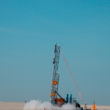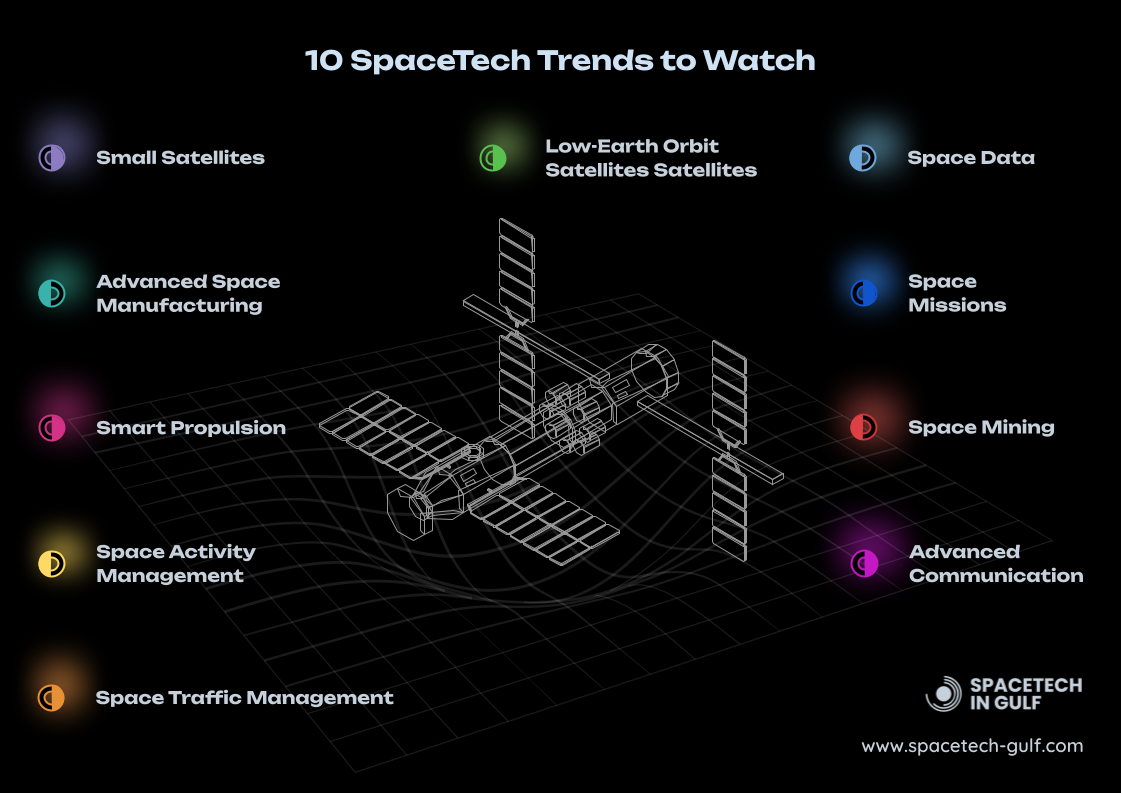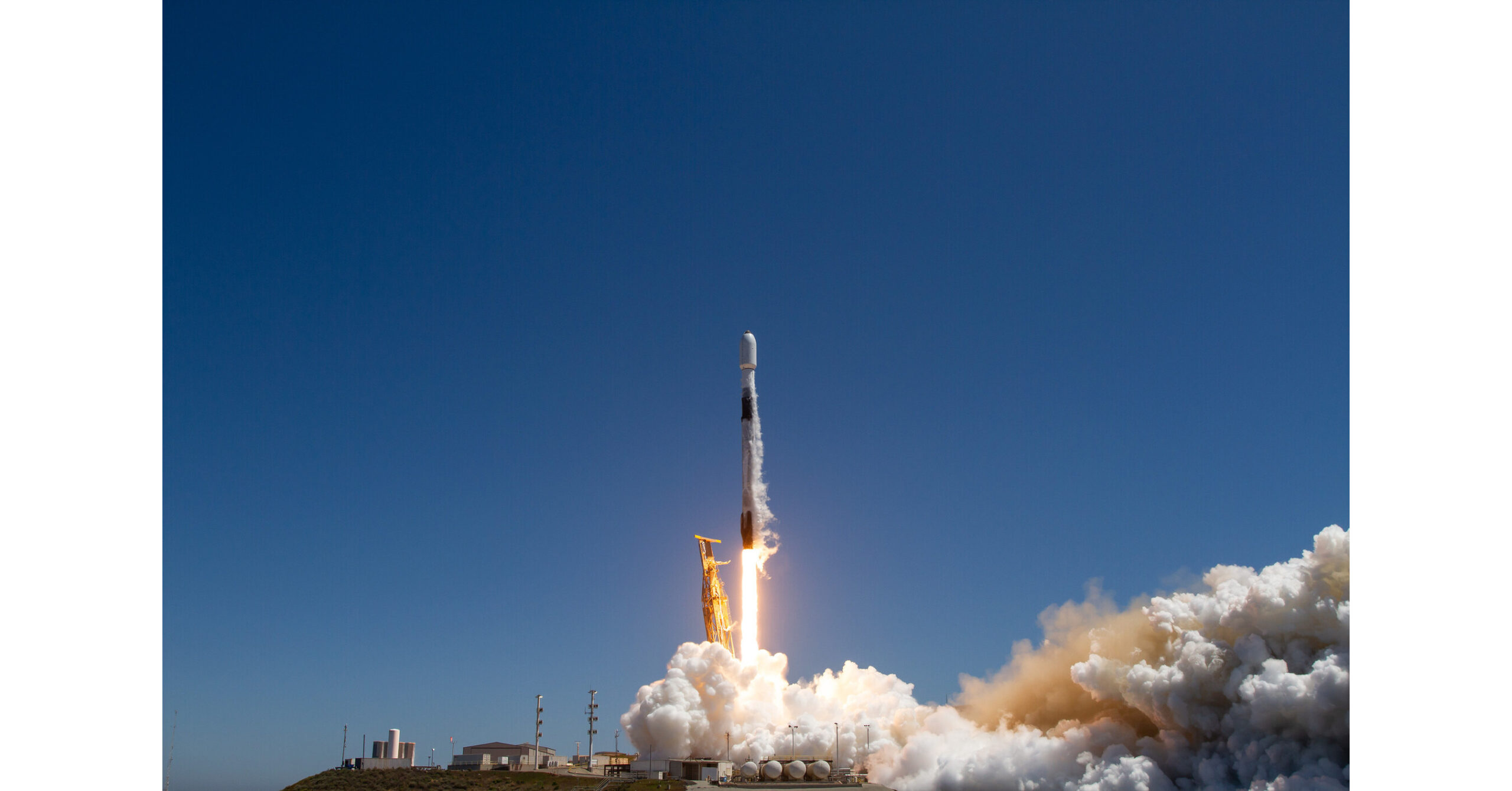
- Small Satellites Small satellites are continuing to grow in popularity in the space industry, with a projected market value of $7.1 billion by 2026. These miniaturized satellites offer cost-effective solutions for space companies, as well as improved data collection and earth monitoring capabilities. Startups like Swarm Technologies and Spire Global are leading the way in small satellite development and deployment.
- Advanced Space Manufacturing Advanced manufacturing techniques are driving innovation in the space industry, with companies like Relativity Space using 3D printing to create rocket components. NASA is also investing in new technologies like in-situ resource utilization (ISRU) to produce materials and products in space, reducing the need for expensive and resource-intensive launches.
- Advanced Communications Space communication technology is advancing rapidly, with companies like SpaceX and OneWeb launching LEO satellite constellations to provide global broadband internet coverage. NASA’s Space Communications and Navigation program is also working on next-generation communication systems for deep space missions, including laser communication and optical communications.
- Space Traffic Management Space debris is becoming an increasingly pressing issue for the space industry, with over 34,000 objects larger than 10 cm currently orbiting the Earth. Startups like Astroscale are developing technologies to remove space debris, while governments and space agencies are working on space traffic management systems to prevent collisions and ensure sustainable use of space.
- Smart Propulsion Innovative propulsion systems are key to making space missions more efficient and sustainable. Electric and green propulsion systems are becoming more common, with companies like Momentus and Accion Systems developing electric propulsion for small satellites. NASA is also working on advanced propulsion technologies like nuclear thermal propulsion for future deep space missions.
- Space Activity Management Space activity management is an emerging trend in the space industry, encompassing everything from space tourism to food production in space. Companies like Virgin Galactic and Blue Origin are pioneering space tourism, while NASA is exploring the potential for in-space manufacturing and agriculture.
- Space Missions Space exploration remains a driving force in the space industry, with NASA’s Artemis program aiming to return humans to the moon by 2024. Private space companies like SpaceX and Blue Origin are also planning manned missions to the moon and beyond. Space missions offer opportunities for scientific discovery, technological advancement, and economic growth.
- Space Mining The space mining industry is projected to be worth $3.8 billion by 2025, with companies like Planetary Resources and Deep Space Industries exploring the potential of asteroid mining. The development of space mining technologies like in-situ resource utilization (ISRU) and autonomous mining robots is key to unlocking the potential of space resources.
- Low-Earth Orbit Satellites LEO satellites are becoming increasingly important for a range of applications, from broadband internet to earth observation. The global LEO satellite market is expected to reach $42.5 billion by 2027. Companies like SpaceX, OneWeb, and Amazon’s Project Kuiper are launching LEO satellite constellations to provide global internet coverage.
- Space Data Space data is becoming an increasingly valuable resource, with the global space data market projected to reach $29.6 billion by 2026. Startups like Orbital Insight and Spire Global are using AI and machine learning to analyze space data for applications like weather forecasting and supply chain management. The use of blockchain technology is also being explored to ensure secure and transparent handling of space data.










Your article helped me a lot, is there any more related content? Thanks!
Your point of view caught my eye and was very interesting. Thanks. I have a question for you.
Can you be more specific about the content of your article? After reading it, I still have some doubts. Hope you can help me.
Your article helped me a lot, is there any more related content? Thanks!